6 Things That DON’T Belong in the Recycling
A vital part of our job at the Purple Fig involves bagging, carrying, and curbing pounds of our clients’ trash and recycling each and every day. Among the cornucopia of properly segregated wrappers, old food, and empty La Croix cans, however, there’s always a handful of non-recyclable items (known as “contaminants”) that are consistently tossed in the big blue bin…and the culprits may surprise you!
- Plastic Silverware
Although technically polypropylene and polystyrene- the plastic types that make up disposal silverware -are occasionally recyclable materials, plastic cutlery is not considered recyclable. What’s more, the size of a plastic fork is so miniature in comparison to other truly recyclable items that it is marked as a hazard in recycling facilities; the potential of the large sorting machine getting clogged by a plastic spork is a risk too cumbersome for most cities to bear.
2. Food-tray Containers
A general rule of thumb for food-carrying containers is this: if it still contains traces of food, it shouldn’t be tossed in the recycling! Leaving a shred of chicken and some grease in that rotisserie tray may not seem like a huge hassle to you, but by the time it reaches the recycling plant, gets sorted, gets baled, and is handled by recycling employees…the residual food scraps are moldy and oftentimes slimy!
Apart from the mess that food-crusted plastic containers may cause, many food containers aren’t made of recyclable materials to begin with. So long as the triangle located at the bottom of the container reads #1 (PETE) or #2 (HDPE), they can be rinsed out and recycled without issue. Check your local recycling facility to see if your neighborhood can recycle containers labeled #5 (PP).
3. Plastic Cups, Foam Cups, & Hot Beverage Cups
Red solo cups, foam cups, white Starbucks coffee cups…as pervasive these are in our day-to-day lives, none of them should be tossed in the recycling bin! As for those paper coffee cups, according to research by the California State University, most are “coated with a thin wax to keep liquids from seeping through the paper fibers”, rendering it unrecyclable.
Red solo cups and styrofoam products are made of #6 plastic (PS), otherwise known as polystyrene, which is not typically accepted in curbside pick-up. Exceptions do exist in certain regions, but research your available local recycling programs before tossing away anything iffy!
4. Plastic Bags
Plastic bags tend to be the trickiest items to segregate when it comes to responsible disposal. They’re recyclable by nature…and yet a hazard to common recycling facilities, which primarily handle rigid recyclables (i.e. cardboard, aluminum cans, glass bottles, etc). Because the machines in these facilities have trouble separating soft, flimsy bags from the mix, it is highly encourage that you bring your unwanted plastic bags to your nearby drop-off location (usually a grocery chain, home improvement store, Walmart, Target, etc) and toss them in the convenient recycling bins at the front of the store.
Find your nearest bag drop-off center here!
5. Paper Plates, Napkins, & Paper Towels
One of the most common misconceptions is that paper plates, napkins, and paper towels– because they’re made of paper -are automatically recyclable. Although these items are fundamentally made out of recyclable material (and are therefore acceptable when clean), by the time they reach the trash bin, they’re too soiled for recycling.
The concept is simple: food particles, juices, and grease seep into the fibers of the material, contaminating the item and rendering it un-recyclable. Earth911 explains that “when paper products are recycled, they are mixed with water and turned into a slurry. Since we all know water and oil don’t mix, the issue is clear”.
An alternative fate does exist for your used napkin or paper towel, however, so long as the paper is unbleached (and preferably soiled by organic food): compost! The short fibers in napkins and paper towels make it a suitable mulch as it biodegrades amongst organic fruit and veggies. The same rules DO NOT apply to paper plates, though…so never throw paper plates in the compost bin!
6. Greasy Pizza Boxes
Much like paper plates and napkins, pizza boxes are made of recyclable cardboard — but that doesn’t mean they belong in the blue bin at the end of their life cycle. With few exceptions, pizza boxes wind up coated in meat and cheese grease…and just like paper plates, the same rules apply: the oils from the pizza grease don’t mix well with the water added in the pulping process during recycling. If the pizza box has even one trace of grease, put it in the trash!
Need advice on how to segregate those plastic caps and lids? Read through ecoRI’s guide here!
**Remember: when in doubt, check out our Recycling Handbook!**
